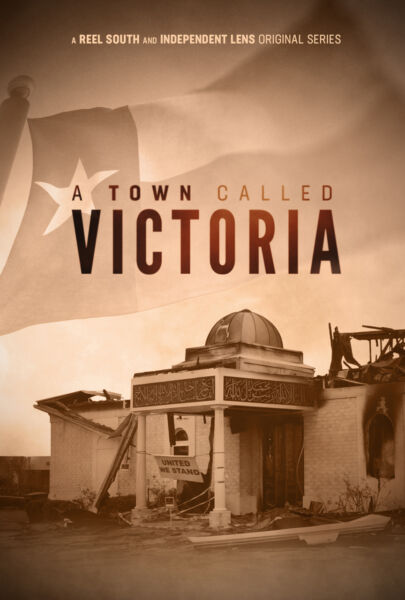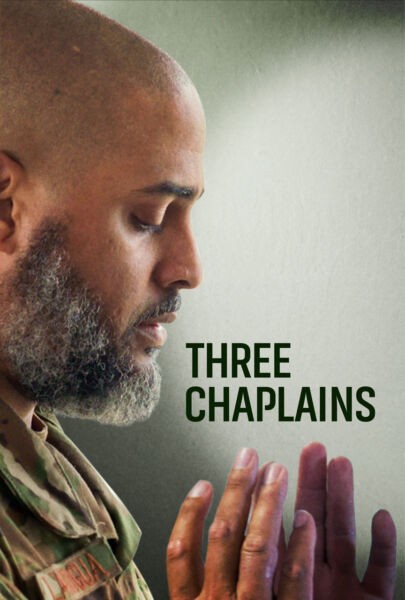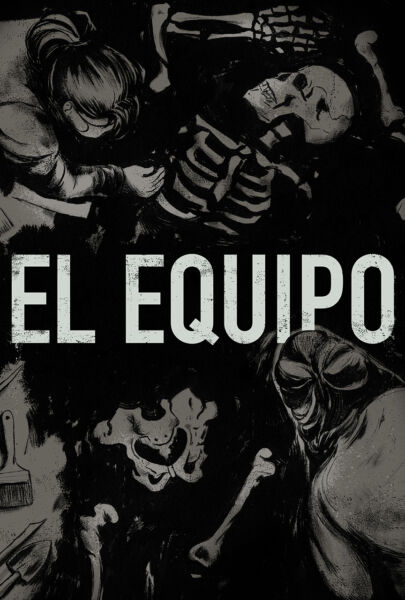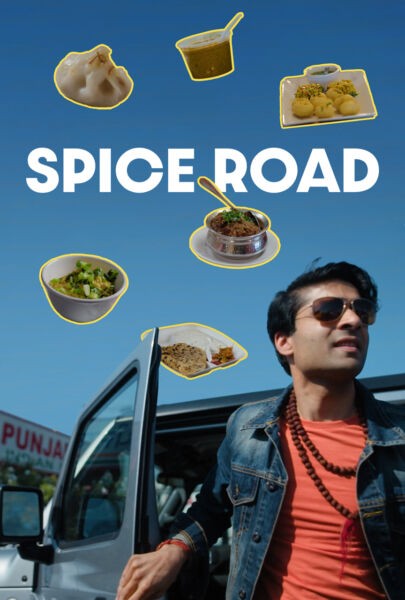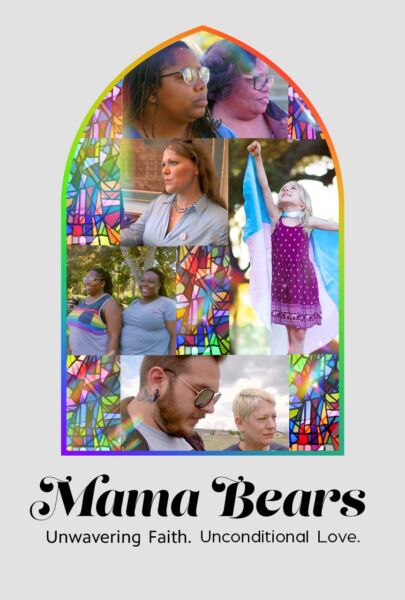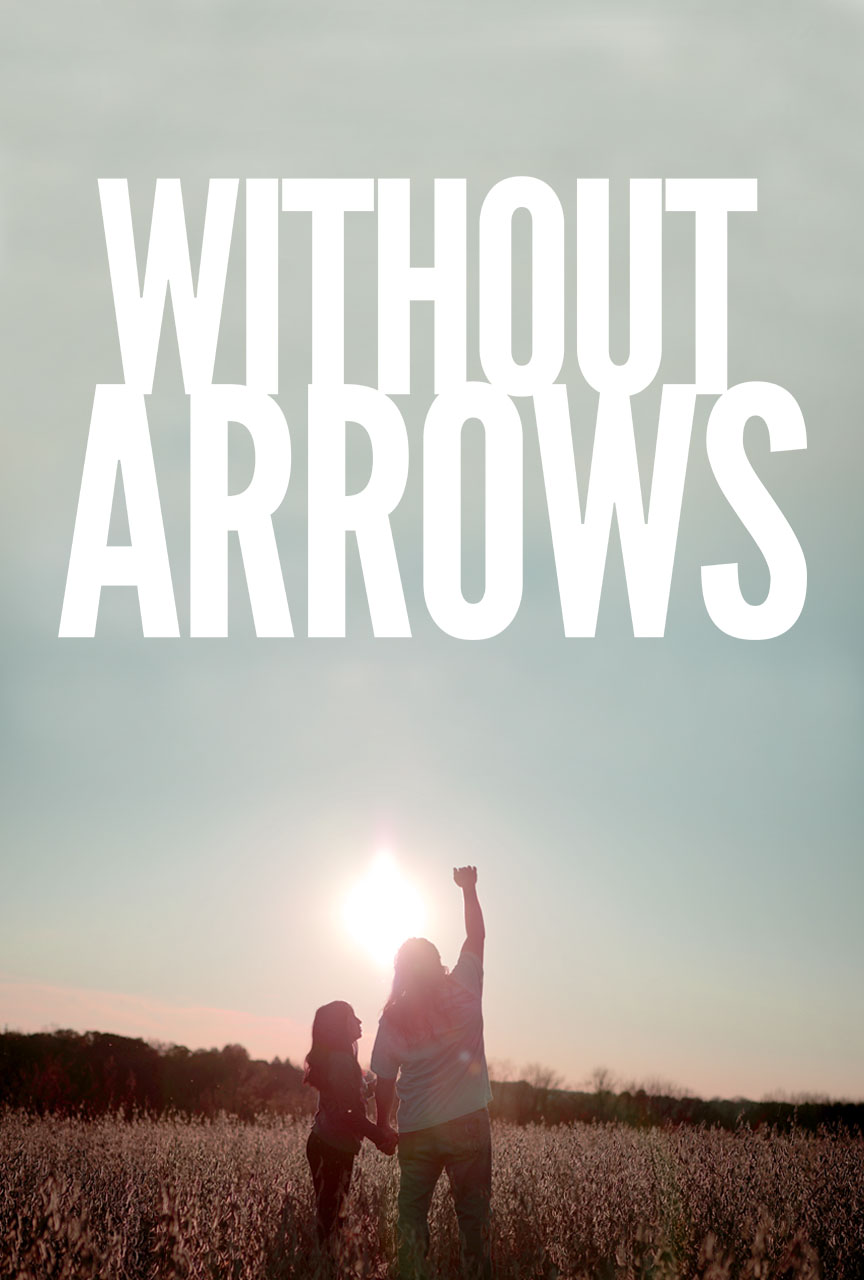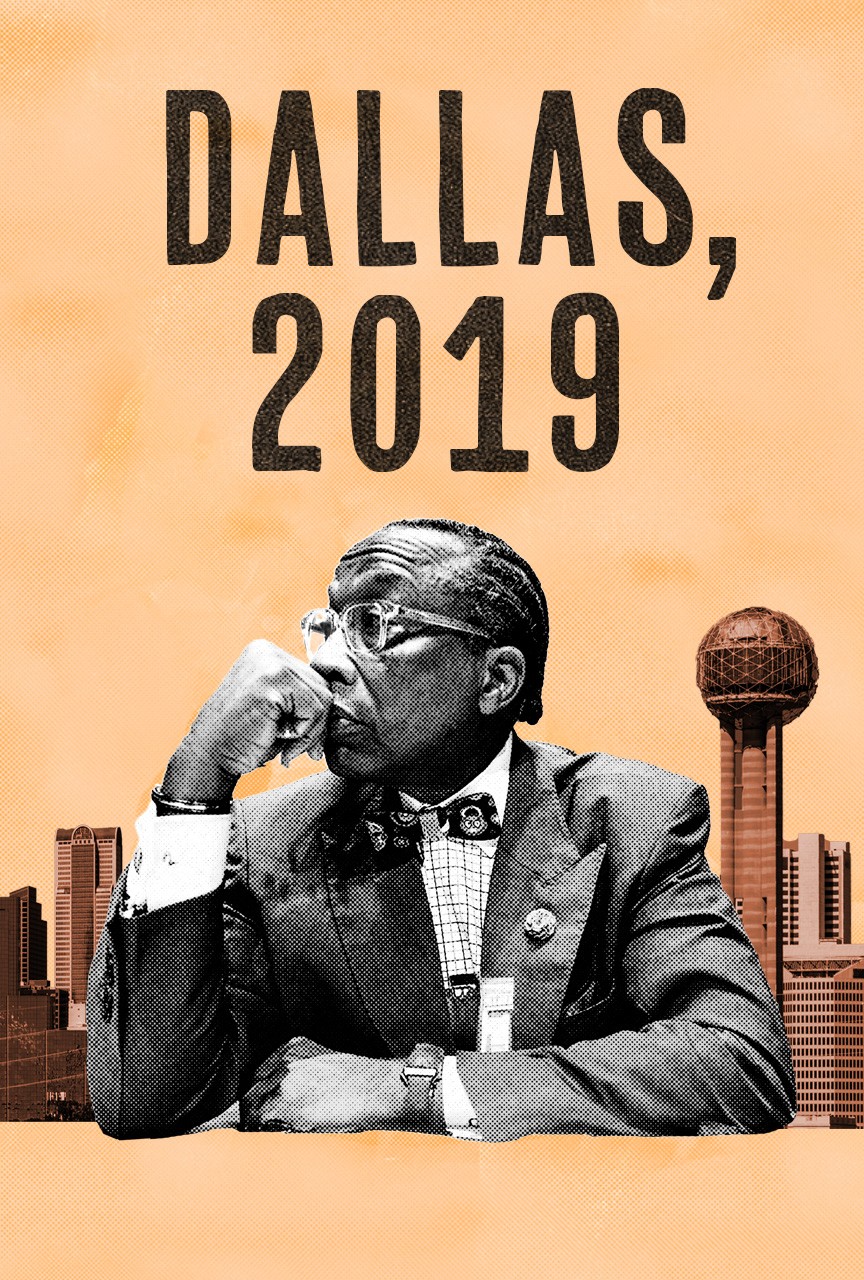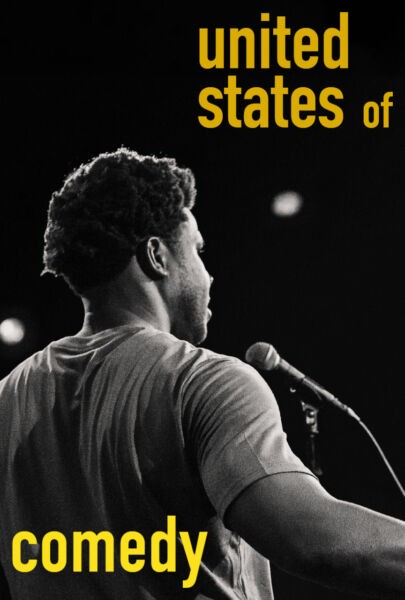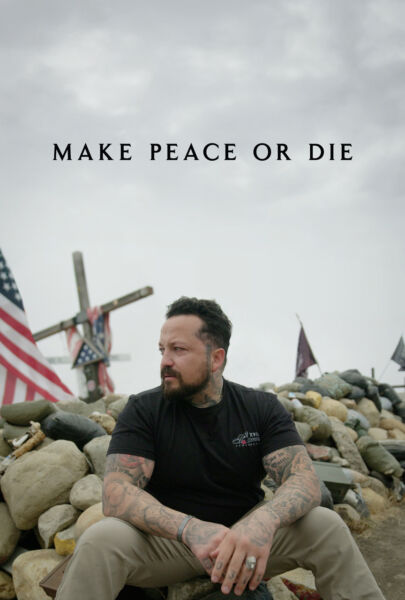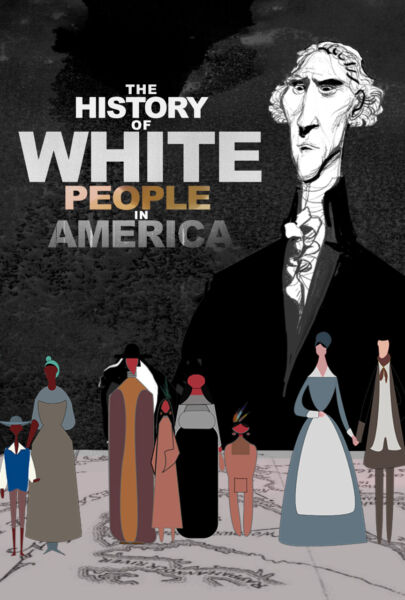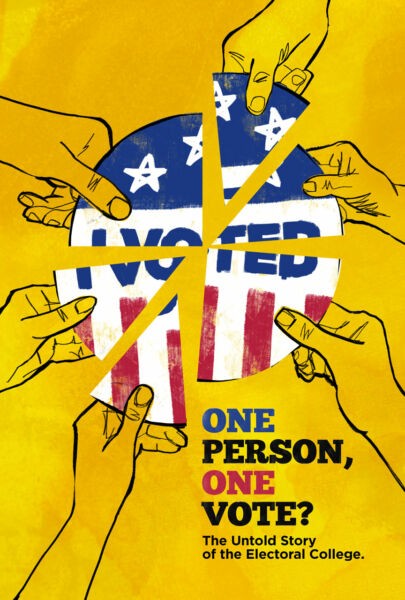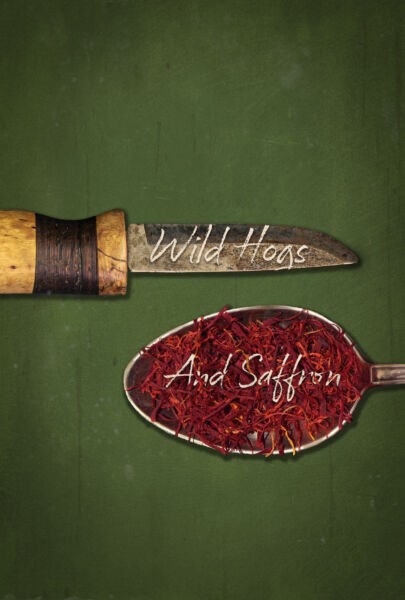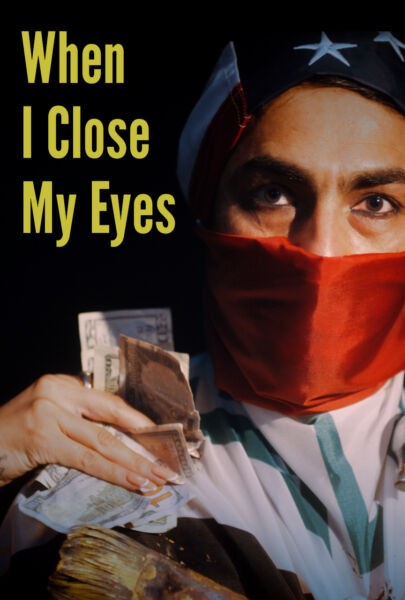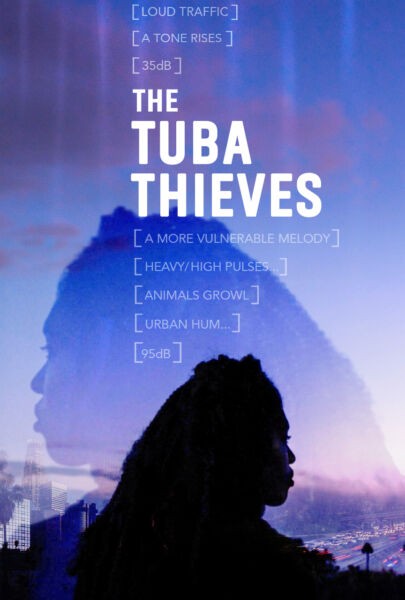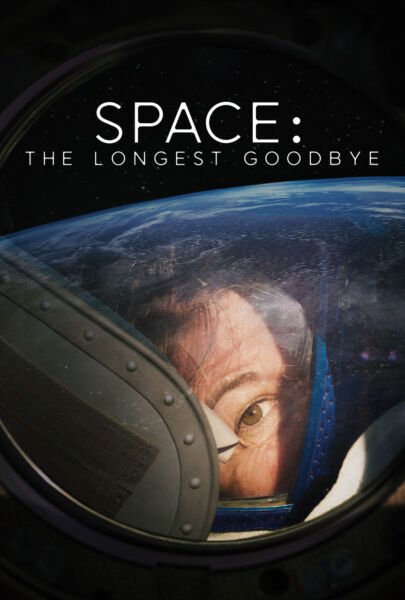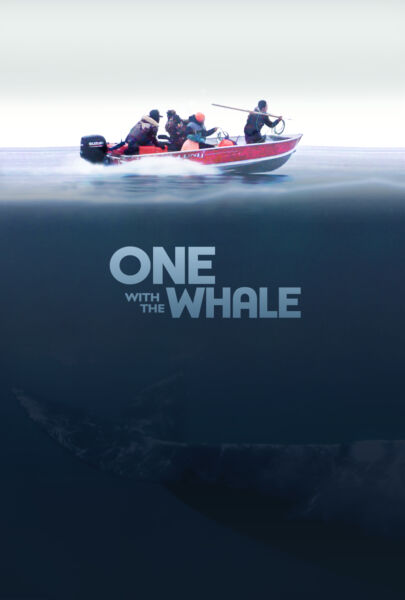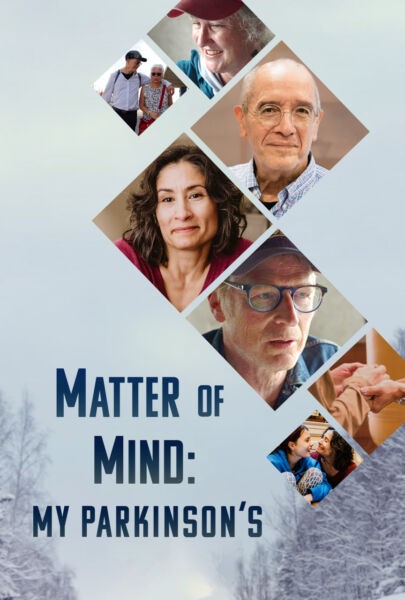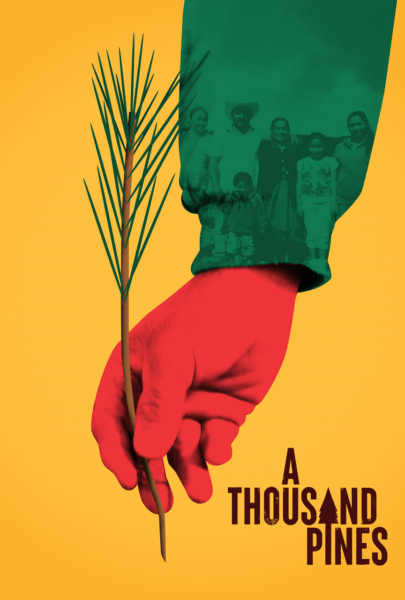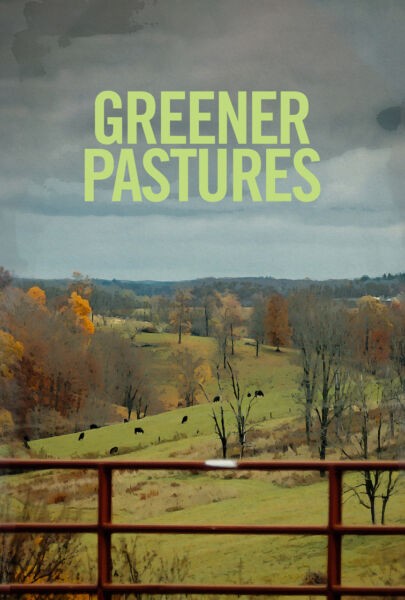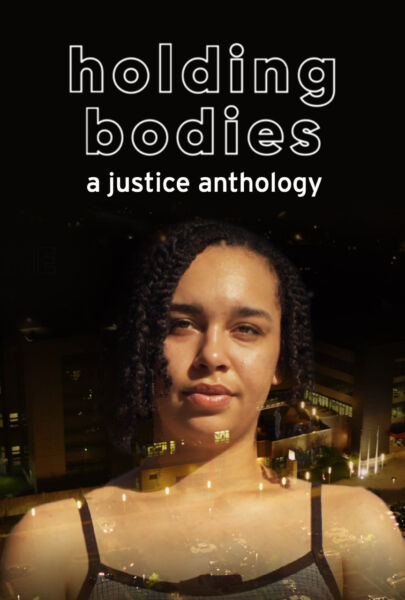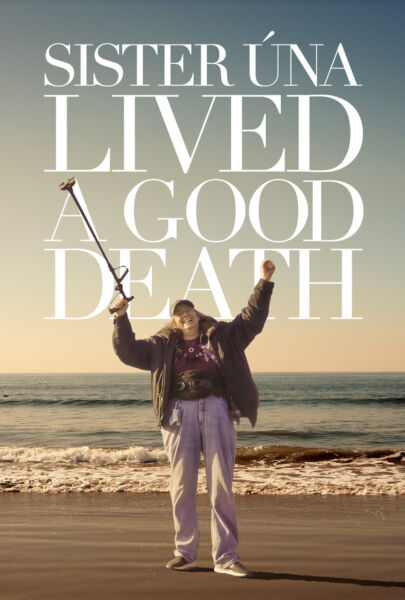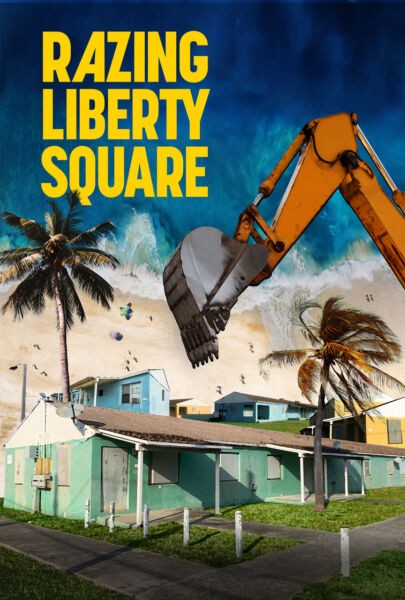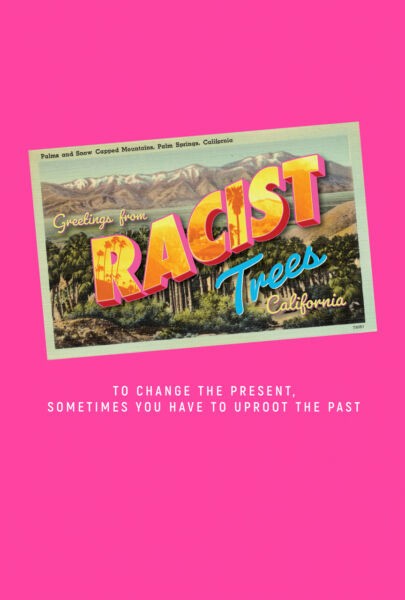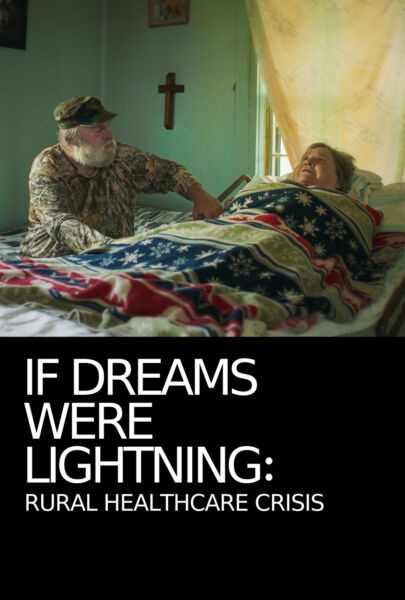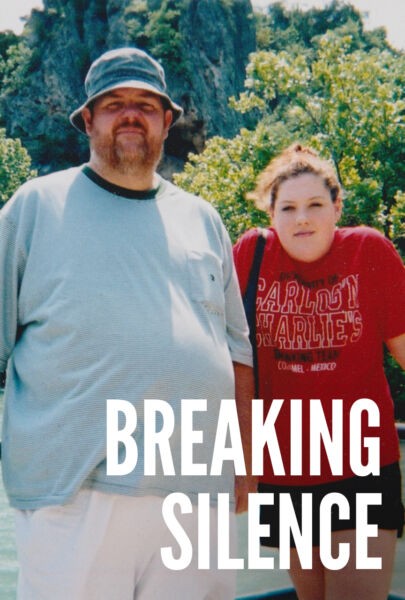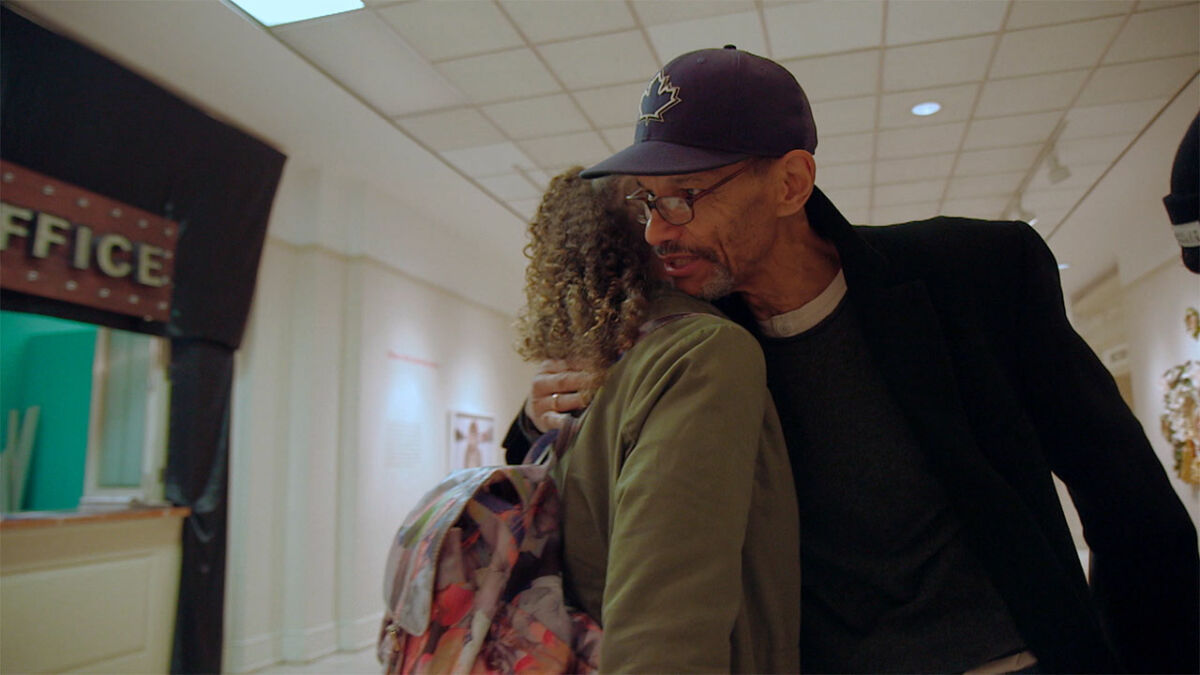
A most unusual arrangement helped A Reckoning in Boston get to its final form. Three individuals with widely divergent backgrounds teamed up for what became a collaborative story about Clemente Course students of color reckoning with Boston’s racial history.
Filmmaker James Rutenbeck is a two-time recipient of the Alfred I. duPont-Columbia Journalism award with a long career of documentary work, including Unnatural Causes: Is Inequality Making Us Sick?, Class of ’27, and Scenes from a Parish. He was the editor for the Independent Lens film American Denial and his work has also appeared on America Reframed, American Experience, The Atlantic, and NYT Op-Docs. But at one point or another, Rutenbeck realized the film he originally conceived would be limited by only having his perspective as a white filmmaker, documenting low-income adult students of color in the Clemente Course in Boston. So he brought into the fold two of the fascinating people he’d been getting to know for the film.
Enter Kafi Dixon, a Boston bus driver and founder of Boston’s first cooperative for women and first worker-owned urban farm food co-op, and Carl Chandler, a lifelong learner who enrolled in the Clemente Course after his daughter went to college. Knowing how three heads—or perspectives—can be better than one, Rutenbeck, Dixon, and Chandler worked together to tell a new, deeper version of the story that would become A Reckoning in Boston.
Together, the three of them talked about this unusual process, the making of the documentary, where they can go next in a city with a complicated history, and how the film can inspire discussions well beyond Boston.

Kafi and Carl
What does the word “reckoning” mean to you in regards to this story, and does it have a double meaning?
Kafi: A realization.
Carl: A denouement.
James: Self-interrogation. It’s also a nonfiction film intended to push the city of Boston to face its history and policies.
James, how did this project evolve from what it was originally imagined to be, to what it became? How did you approach the idea of collaboration with Kafi and Carl?
James: When I started spending time with Kafi and Carl and saw the obstacles they faced, I started to question how I could mediate their stories. I realized I’d come into the project assuming too much, with the kind of arrogance that comes with privilege. I considered walking away, but that seemed like a betrayal to Kafi, Carl, and the Clemente students and teachers who had given me full access and moral support.
Carl, Kafi, and I had been meeting fairly often, so asking them to sign on as producers wasn’t a difficult conversation. For this arrangement to work and retain journalistic integrity, I retained editorial control, and we are transparent about our collaboration.

Filmmaker James Rutenbeck
And then what roles did each of you take or play on the film project, to collaborate on telling this story so uniquely?
Kafi: The role of co-producer provides a level of equitable collaboration that enables the stories of our community not to be just told, but to be told by us. If we think about the power of Clemente Education, we should also think about the disempowerment of being without education.
Often we lack the tools to not just advocate for ourselves, but to speak for ourselves, and with that we are future vulnerable in assurances that our experiences are communicated in manners that uplift our committee and our experiences to our benefit. James provided a collaboration that speaks to the power of people’s contribution—to who, when, and in what way their stories are told.
Carl: I hope my story inspires poor people to speak up for themselves. As a co-producer, I realized being poor is the greatest impediment to progress in America, more even than race. I pray my part in the film illustrated this issue.
James: Kafi, Carl, and Tolga [Shields, Kafi’s friend] made themselves vulnerable for me and helped me become vulnerable for them. We met at Dr. Fernando Ona’s office at Tufts School of Public Health to look at cuts and exchange notes. Fernando is an epidemiologist who met Kafi when he rode her bus (Kafi was an MBTA bus driver, and Fernando supported Kafi’s cooperative work for many years). Fernando asked me the simple but profound question “Why was it so unlikely you and Kafi would ever become friends?” and that helped frame the film.
I was also lucky enough to work with Noland Walker of ITVS, who helped me craft my character voice. Llewellyn Smith, a long-time colleague and one of the film’s executive producers, was part of that process, too. Some extraordinarily generous people saw potential in the film and gathered around and supported me, telling me my voice mattered, which was both deeply moving and an ironic reversal from how the film started.

Kafi and Carl, what was your experience like being a part of a team creating something unique together?
Kafi: Yes, “the feared group project.” It’s not always easy; demanding the skills to listen and make space for others’ perspectives and needs. It’s not always perfect, but the belief in the film constantly brought us back to the table.
Carl: It’s a good group, based in mutual respect and caring. We were able to collaborate without too much difficulty, at least on my part. Any differences were resolved with people’s feelings respected.
For any of you, there’s so much going on even since filming stopped, especially given the struggles through the pandemic. What has happened in Boston on the ground with issues like houselessness and gentrification in the past year? Any positive stories of making change, too?
Kafi: The election of Mayor Michelle Wu, who ran on the issue of equity and housing stability, and won.
Carl: The election of Lydia Edwards, housing and free public transportation advocate for Boston.
James: Common Good Cooperative’s ongoing work, and Carl’s acceptance and (hopefully) return to Harvard.

Kafi and Carl, what are you up to, and how are things going since the cameras stopped rolling? Did participating in this film inspire any new projects or life choices?
Kafi: The documentary has become a tool not [just] to solely talk about the film, but, in the screening panels, to uplift my perspective and the perspective of other Black women from my socio-economic class. It’s also healing to other women of affluence who have confessed their lack of education, in a time when families believe their education was not necessary.
Also, in a very intentional way, I brought in the Amherst Reparations Council (AHRA) and the esteemed Assistant Dean for Community Engagement at the School of Humanities and Fine Arts, Evan Lewis. We are working to seat this work where it belongs: reconciliation and reparations of African Americans who are generationally impacted by the lack of (to quote Lewis), “healing around violence and its impact on our economic, mental, and physical health.”
Lewis has worked diligently over the past few years to build a formal community of scholars, legal experts, and activists committed to preserving the legacy of his great-grandfather and other lynching victims across the American South. Evan is the founding executive director of The Legacy Coalition, a national nonprofit organization that seeks to secure reparative justice for American citizens whose ancestors were lynched in acts of racial terror during the Jim Crow era.

Carl: I lost my wife at the end of September. I’m putting together a family history in her honor. My daughters and I remain close, so any new plans will include them.
James, as you learned more about Boston’s racial history, what shocked you the most? What is a turning point (or low point) moment in Boston history that you think all white residents should reckon with and address or acknowledge?
James: I was in Iowa in 1974 when I saw news footage of Black students being bused to South Boston and Charlestown. I was shocked at the intensity of the race-based malevolence in a northern city. I was living here when Charles Stuart used race to manipulate an entire city.
But what really shocked me were the data about wealth disparities reported in the The Boston Globe while we were making the film. The gap is glaringly wide—the median wealth of white people is $247,000 and for Blacks is $8.00¹. I thought about that when I was with Clemente students, who were living the realities of that disparity. What continues to surprise me is how a prosperous and progressive city full of start-ups and universities keeps falling short when it comes to addressing the needs of neighborhoods that have been left behind.

How can this film be used as a discussion tool in not just Boston but other American cities struggling with or trying to address the same issues?
James: Over the last year, Reckoning’s impact producer Marga Varea of Twin Seas Media organized screenings and conversations with over 65 partners across the U.S. We’ve found Reckoning can be a moving experience for viewers and open up conversations with diverse audiences. The Common Good Co-Op will soon be collecting stories and data around kitchen tables in Black neighborhoods throughout [Boston]. Knowing the film will continue to give voice to marginalized communities is gratifying.
Kafi: When we look at systemic issues like generational income, wealth, and education gaps for Black communities with a generational relationship to American culture, and even though research lays out clearly how it happens, it can be easy to place the burden of blame back on the shoulder of Black people as to “why don’t we do more or how do we let that happen?” Reckoning shows clearly how policies, municipalities shoulder the blame of systems which oppress us.
Carl: My wife used to tell me every employee of the City of Boston should be required to watch the film. I concur.

What is one escapist thing each of you do to get your mind off the state of the world these days?
Kafi: A sabbatical to Black-centered countries, wherein the hue of my skin “I just am” and not “forced to be.”
Carl: I don’t do anything escapist. I might try it though. Just kidding. Family is a comfort.
James: I love spending time with my family. My son and I walk our dog Mowgli every morning.
What’s a favorite quote that inspires you on your path forward?
Carl: “Everything that ever happened to us is there to make us stronger.”—John Trudell
James: “Go where you’re loved.” And I felt that from Kafi and Carl and everyone who contributed to Reckoning’s making.


